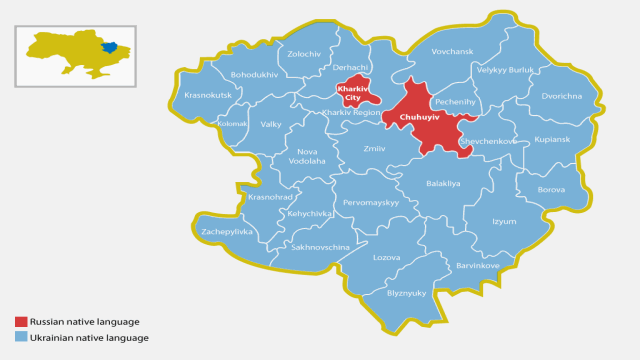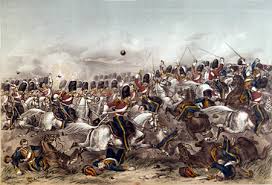As I write, apparently Russian troops are, according to CNN, taking strategic positions in Simferopol, the capital of the autonomous region of Crimea, which has been formally part of Ukraine since 1954. Russian troops are also reportedly being deployed around the Russian bases which have been leased from Ukraine. The provisional Ukrainian government, which was formed after the last few days, are calling the Russian deployment an act of war and are mobilizing its own army and reserve units.
Geopolitics and misunderstanding
Together with the environment, Geopolitics shapes the world we live in and has a huge impact on business . The unfolding situation in Ukraine is one of these pivotal moments which may, in fact, change the world we live in ways which are difficult to foresee.
As discussed in an earlier post, Geopolitical Discourse helps us understand what happens in one place in the context of a larger narrative we use to explain the world.
Writing in the Washington Post, Adam Taylor discusses the narrative CNN and most commentators are using to discuss events in Ukraine has to do with a supposedly divided country in which the western half considers itself European while the eastern half is ethnically and culturally more Russian. According to the narrative, it was the end of talks bringing Ukraine closer to Europe which is at the heart of the Ukrainian Revolution represented by the powerful video blog shown in this space last week.
The crisis in Crimea, according to this narrative is set in terms of the larger Russian population in the region according to the 2001 census and the higher percentage of votes won by former President Viktor Yanukovych in the 2010 election.
The problem with this narrative is that it does not appear to be true. In the first place, several studies show that the Eastern Ukraine is not as Russian as the narrative appears to say it is, particularly outside the city of Kharkiv and neighboring Chuhuyiv.


The second, is that the idea that ethnic Russians, would actually want to be Russian citizens is actually quite debatable across the country and in Crimea. The province has been part of Ukraine for 60 years and national identity is actually a complex issue full of nuance and complexity as shown by Oxford’s Ellie Knott.
The third issue is that according to my most reliable source, Professor Evgeney Kaganer, who is Russian, the people of Ukraine finally rose up out of complete frustration with the criminal and incompetent Yankovitch regime and that while European sympathies might have been part of the impetus for the protests, it was political frustration, economic desperation, and finally moral outrage which led the to risk and lose their lives in the cause of freedom.

The reason all of this is critically important is that if one accepts the conventional narrative, it might make sense to sit back and while Russia annexes Crimea and perhaps even to partition Ukraine into an Eastern and Western half.
If the issues are more local and if the population does, in fact, see itself as Ukrainian first and foremost, then partition would be a disaster and the right course of action would be for the West to stop Russian aggression as it did in 1853 and defend the territorial integrity of Ukraine, perhaps even at the risk of war.

